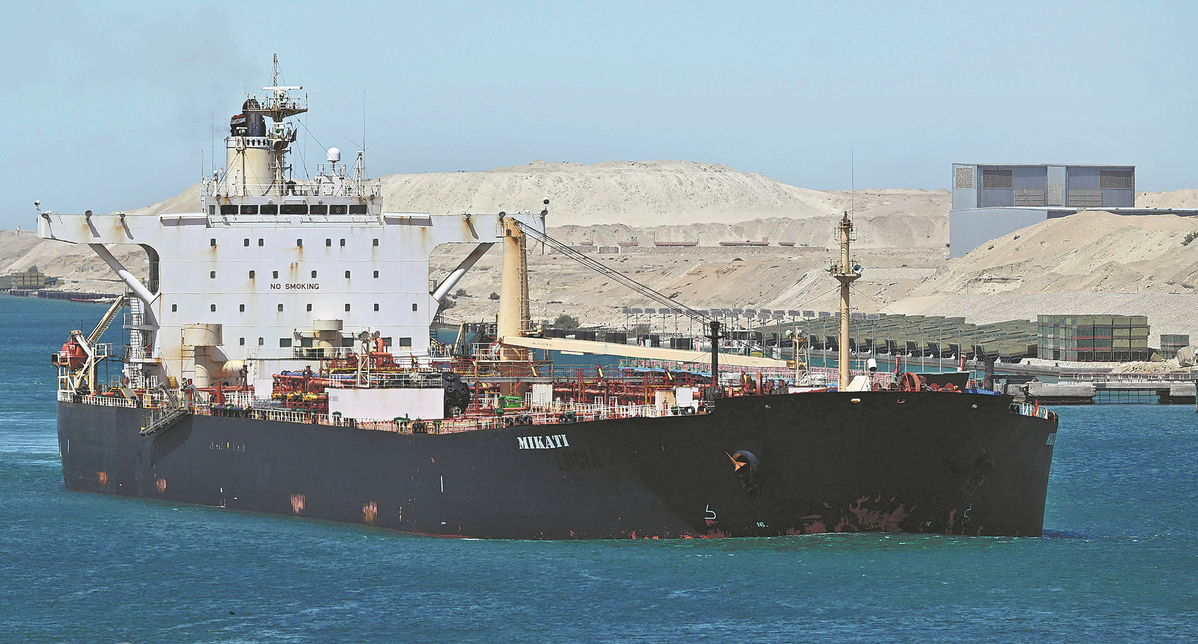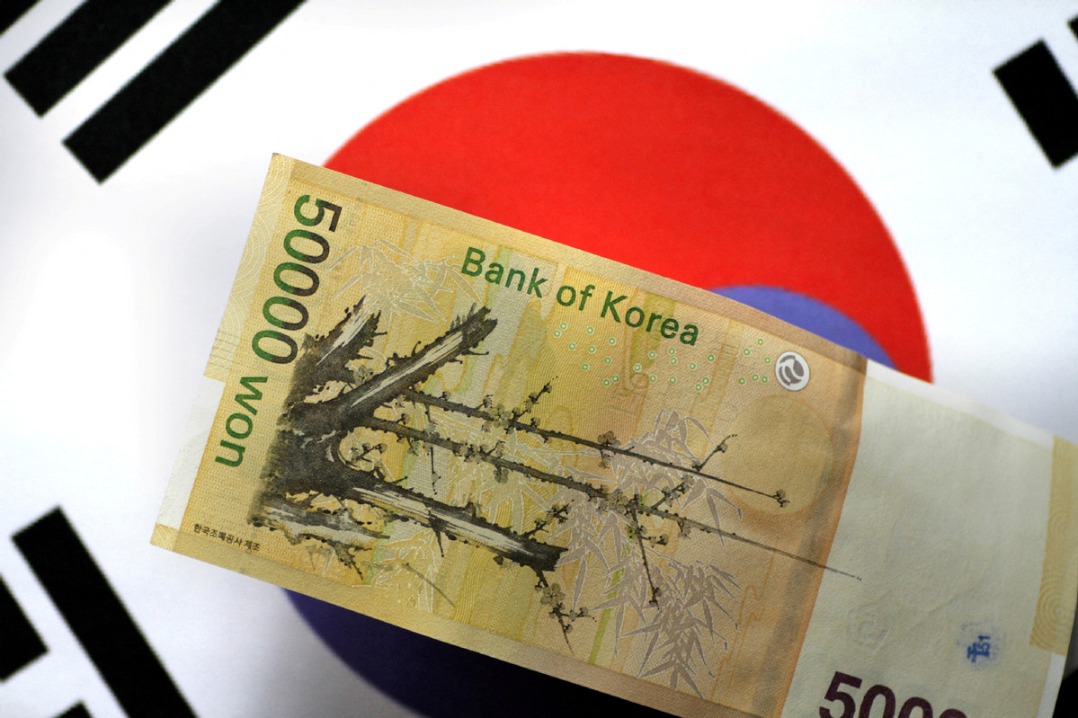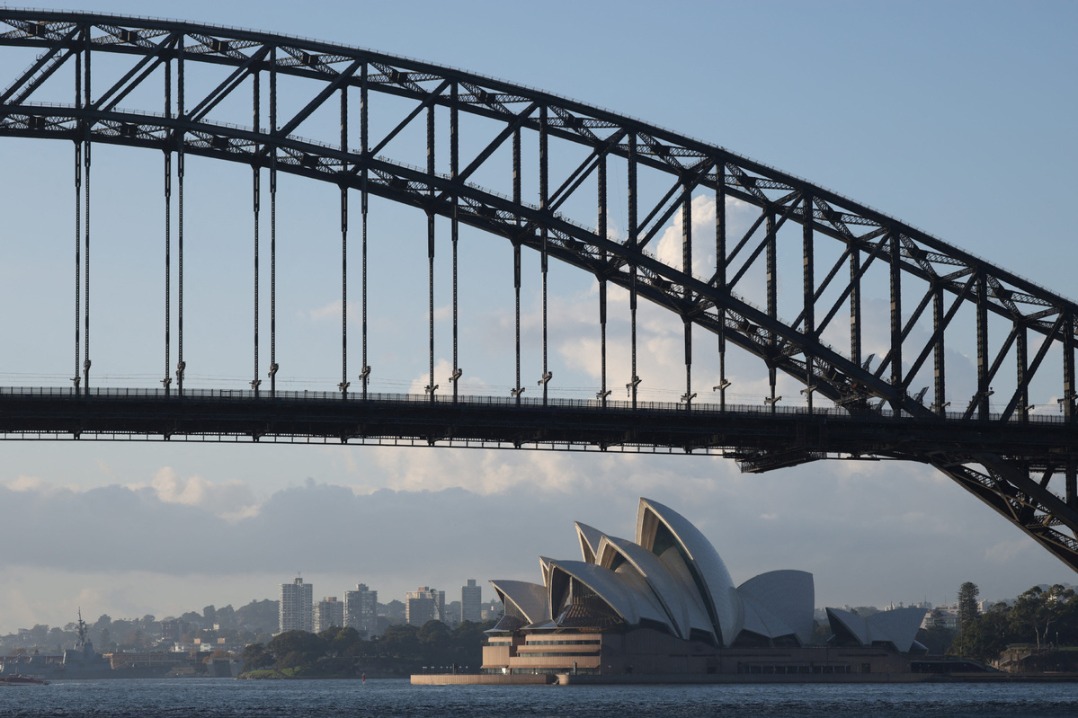Tariffs could impact Suez Canal traffic, experts warn


The tariffs imposed by the United States could deal a severe blow to commercial traffic in the Suez Canal — the lifeline of Egypt — which is already affected by conflicts in the Middle East, and pose significant economic challenges to the North African region, says Egyptian economic experts.
They voiced concerns over the potential damage to Suez Canal revenues due to the decline in shipping traffic caused by trade disruptions resulting from the tariff policy.
The tariffs imposed by the US will burden the Egyptian government, particularly in terms of Suez Canal revenues, which are crucial for the Egyptian economy, said Rashad Abdo, head of the Egyptian Forum for Economic Studies based in Cairo.
"These tariffs will strike a blow to international trade, and as a result, traffic in the Egyptian canal will be affected. The Egyptian government is trying to find solutions to the current repercussions of the regional war on the canal, but the tariffs may delay the canal's recovery."
The 193-kilometer Suez Canal, connecting the Red Sea and the Mediterranean, is a vital link for global trade. About 12-15 percent of global trade passes through the canal. The revenue from the canal, through the tolls, reached $10 billion in 2023, making it one of the biggest contributors of revenue to Egypt, before the toll revenues saw a sharp decline last year.
"The Gaza war and Houthi attacks in the Red Sea are leading to a significant decrease in navigation through the Suez Canal, … reflecting the impact of regional conflicts on global trade," Abdo said.
Sally Farid, a professor of economics at Cairo University, said the high tariffs have reduced trade volume between China and the US, leading to a decline in the number of ships transiting the canal, especially those carrying Chinese and US goods.
"The US tariffs on Chinese goods constitute a shock to the global trading system. We are facing a scenario that could lead to an unprecedented rise in global commodity prices and severe disruption in international supply chains, which will cast a shadow on trade routes like the Suez Canal," she stated.
She warned that prolonged disruptions could increase transport and insurance costs, affecting the global economic growth, including that of Egypt.
New scenarios
Last month, Egyptian Prime Minister Mostafa Madbouly said the government was developing several scenarios for the Egyptian economy amid the global trade war.
"Egypt has opportunities in several sectors, and we are working on them," he said.
Wael El-Nahas, a capital market expert, said these tariffs will directly impact Suez Canal revenues due to reduced shipping traffic, and Egyptian companies will face increased import costs and export difficulties.
Farid proposed that the solution lies in diversifying trade partners and enhancing cooperation with China to compensate for the decline in shipping traffic. El-Nahas suggested the transformation of the canal from a mere shipping lane into an integrated logistics hub.
Abdo said Egypt could turn the crisis into an opportunity by developing logistics infrastructure around the canal to attract more global shipping lines and transform Egypt into a regional reexport center, especially for Chinese goods destined for Europe and Africa. He also proposed attracting Chinese investments to establish export-oriented factories that benefit from Egyptian trade agreements with the US, which could gradually restore canal activity and support the national economy in the long term.
"Egypt, with its strategic location, large market, and trade agreements, can become a prime destination for Chinese and Asian investments," he said.
The writer is a freelance journalist for China Daily.

































